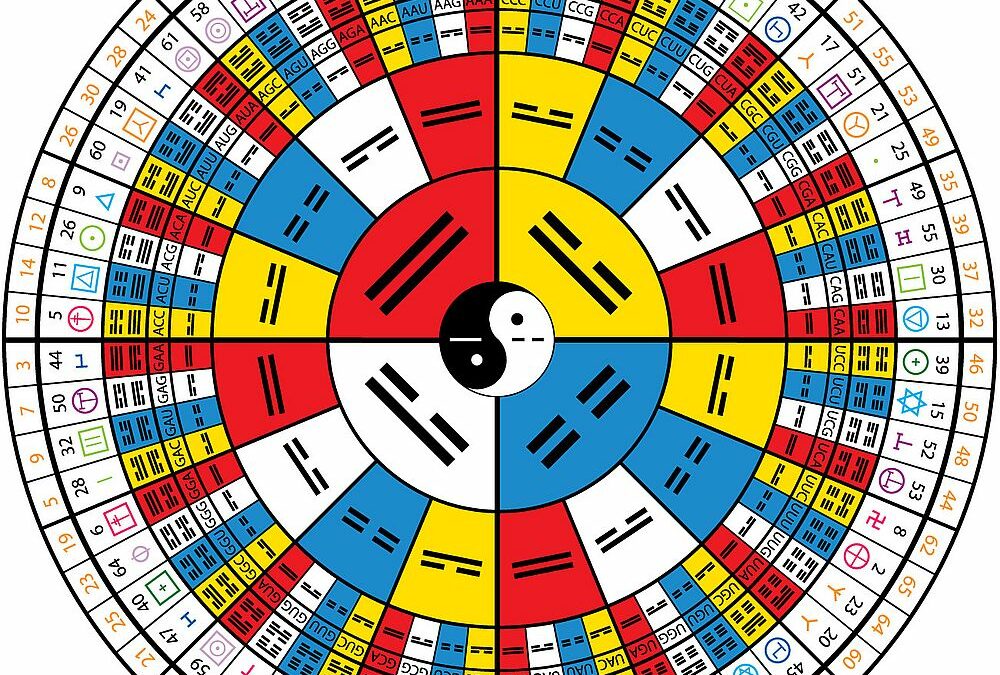Gottfried Wilhelm Von Leibniz ((1646-1716) was one of the forerunners of computing. He designed the first machine that could perform the four arithmetic operations: addition, subtraction, multiplication, and division. His “calculating machine” was capable of processing up to 16 digits. For many, this invention marked the beginning of computing, centuries beforeAlan Turing “automatic machines” appeared in 1936.
Leibniz, who, among many other things, was a mathematician and philosopher, thought that the world could be understood logically through mathematics. In the same way that a computer is capable of perform complex tasks based on zeros and ones. . So, the origin of the binary system used in computing can be traced back to Leibniz, although it goes back much further. Binary number systems appeared in ancient cultures (Egypt, China, and India) The German genius was inspired by the Chinese I Ching and thought that binary numbers were a symbol of the Christian idea of creation from nothing. Leibniz understood that even the most complex aspect of reality could be represented in binary form, with zeros and ones.

Binary numbers
The I Ching ((Book of Changes) is based on the idea that the whole universe is a combination of yin and yang (yinyang), with the former representing darkness (the negative) and the latter light (the positive). These two elements are the source of everything, and more than opposites, they should be seen as complementary. A concept comparable to the binary computer language. Human experience, in a way, can be reduced to a combination of yeses and noes. The I Ching is composed of 64 hexagrams representing the 64 states of change in nature.
The American writer Terence McKennna(1946-2000) concluded that the 64 hexagrams of the I-Ching were not a random sequence of symbols but an attempt to map the nature of time itself. McKenna believed that if history repeated itself, it was because there were the same parameters that kept repeating themselves over and over again.

Randomness versus causality
Carl Gustav Jung (1875-1961), who started out as a disciple of Freud, eventually became one of the most influential psychiatrists and psychologists in history. He wrote the foreword to the English translation of the I Ching (Book of Changes) by Richard Wilhelm. Jung criticized the fact that Western science was based only on the principle of causality (cause always precedes effect). In contrast, “Chinese culture, as I see it in the I Ching, seems to be concerned exclusively with the random aspect of events… We must admit that there is something to be said for the immense importance of chance”, he wrote in the long preface to the translation of the Book of Changes.
Tradition speaks of the Four Great Inventions of ancient China: the compass, gunpowder, paper and the printing press, but perhaps the fifth could be considered the creation of the binary code on which computer science is based. Perhaps without the I Ching and the works of Leibniz you would not have been able to read these lines…






